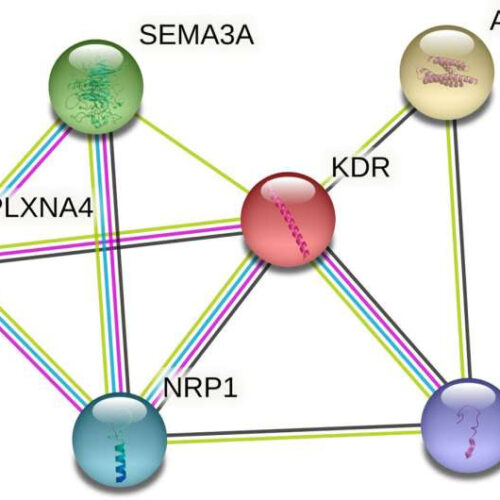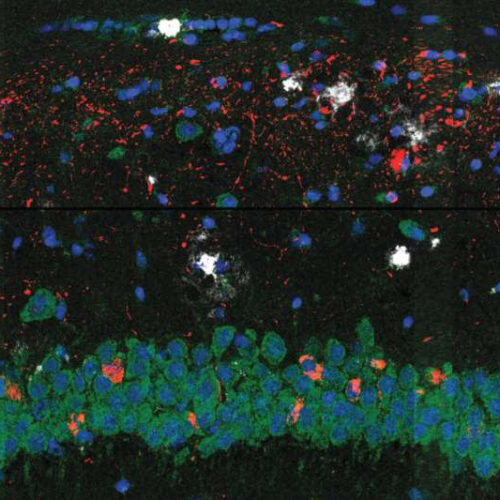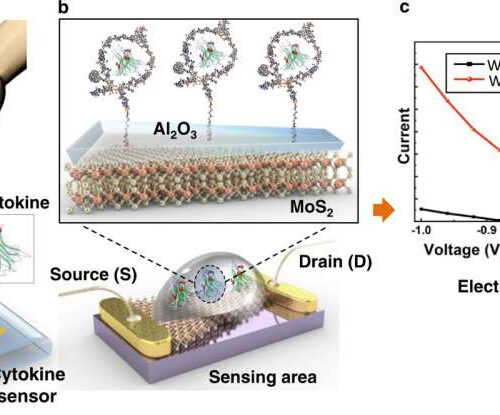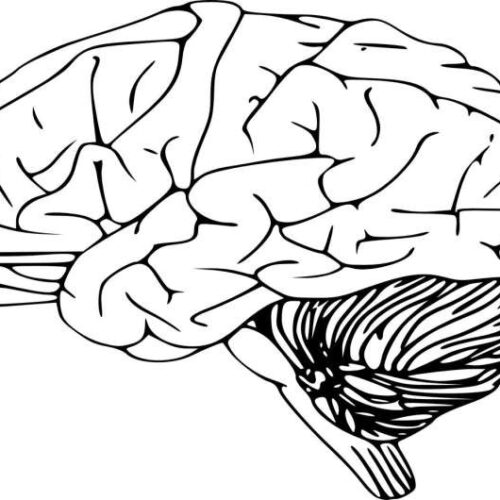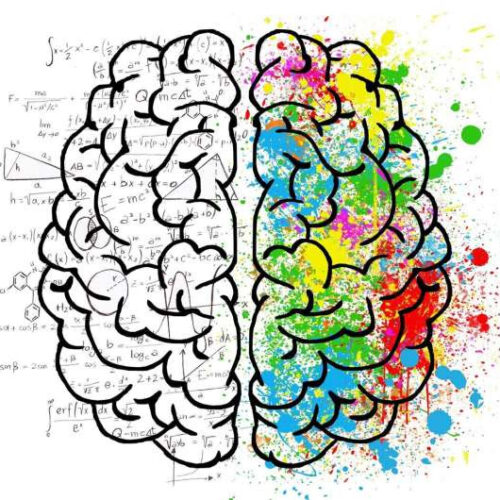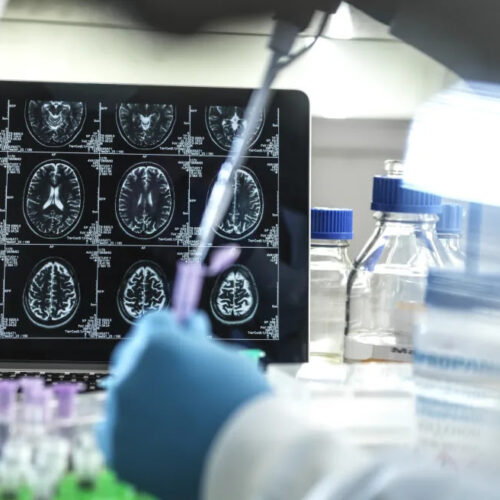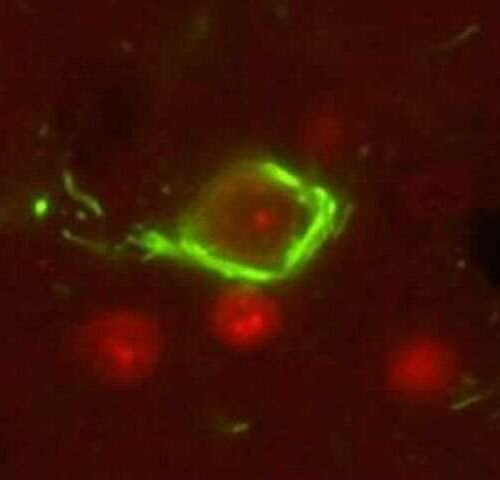by The Mount Sinai Hospital Credit: Pixabay/CC0 Public Domain Mount Sinai researchers have published a study in Alzheimer’s & Dementia: The Journal of the Alzheimer’s Association that sheds new light on the role of DNA methylation in Alzheimer’s disease (AD). The study found that DNA methylation has a profound impact on gene and protein co-expression networks associated with AD...
Tag: <span>Alzheimer’s disease</span>
Researcher identifies new biomarker of early-stage Alzheimer’s disease
by El Gibson, University of New Mexico Health Sciences Center Functional pathway analyses of VEC in AD using STRING. Our functional pathway analyses suggest significant interactions of CDH5 with APOE and the NRP1-PLXNA4-SEMA3A complex. The evidence score for CDH5–APOE interaction is 0.41 and that for the CDH5–NRP-1 interaction is 0.51. Data-mining results suggest that CDH5...
Researchers map brain cell changes in Alzheimer’s disease
by Allessandra DiCorato, Massachusetts Institute of Technology Fluorescence microscopy image of brain tissue from a model of Alzheimer’s, showing tau tangles (red), amyloid plaques (white), RNA (green), and cell nuclei (blue). Credit: Zeng H, Huang J, Zhou H, et al. A common sign of Alzheimer’s disease is the excessive buildup of two types of protein...
New test could detect Alzheimer’s disease 3.5 years before clinical diagnosis
by King’s College London Credit: Pixabay/CC0 Public Domain New research from the Institute of Psychiatry, Psychology & Neuroscience (IoPPN) at King’s College London has established a blood-based test that could be used to predict the risk of Alzheimer’s disease up to 3.5 years before clinical diagnosis. The study, published in the journal Brain, supports the idea that components...
Scientists developing early Alzheimer’s disease detection sensor
by Simon Fraser University Schematic illustration of the concept of the cytokine sensor operation. a A small volume of blood serum is drop casted onto the sensing area. b The cytokine sensor consists of an asymmetric geometry MoS2 crystal contacted by two metal electrodes. The inset shows a magnified diagram of the sensing area showing how TNF-α cytokines are bound...
New study challenges previous ideas regarding Alzheimer’s disease
by Beth Newcomb, University of Southern California Credit: Pixabay/CC0 Public Domain A new USC Leonard Davis School of Gerontology study challenges existing ideas of how buildup of a protein called amyloid beta (Aβ) in the brain is related to Alzheimer’s disease. While buildup of amyloid protein has been associated with Alzheimer’s-related neurodegeneration, little is known about how the protein...
US approves new drug to treat Alzheimer’s disease
by Lucie Aubourg and Chris Lefkow A caretaker helps an elderly resident suffering from Alzheimer’s in a home on the outskirts of Paris. The US Food and Drug Administration on Friday approved a highly anticipated new drug designed to slow cognitive decline in patients in mild and early stages of Alzheimer’s disease. The FDA approval...
How old is your brain, really? AI-powered analysis accurately reflects risk of cognitive decline and Alzheimer’s disease
by University of Southern California Credit: Pixabay/CC0 Public Domain The human brain holds many clues about a person’s long-term health—in fact, research shows that a person’s brain age is a more useful and accurate predictor of health risks and future disease than their birthdate. Now, a new artificial intelligence (AI) model that analyzes magnetic resonance...
Researchers develop blood test that can reliably detect Alzheimer’s disease
The test could replace the need for lumbar punctures and brain scans. TEK IMAGE/SCIENCE PHOTO LIBRARY via Getty Images When doctors need to confirm an Alzheimer’s diagnosis, they often turn to a combination of brain imaging and cell analysis. Both have their downsides. The latter involves a lumbar puncture, an invasive and painful procedure that’s...
Targeting tau, the other protein behind Alzheimer’s disease
by Leila Gray, University of Washington School of Medicine Defective tau proteins form insoluble neurofibrillary tangles (green) that cause neurons to die. Credit: Kraemer Lab In November, researchers reported the drug lecanemab slowed the progression of Alzheimer’s disease. The effect was modest, but it has generated tremendous excitement because it was the first time a drug had...


